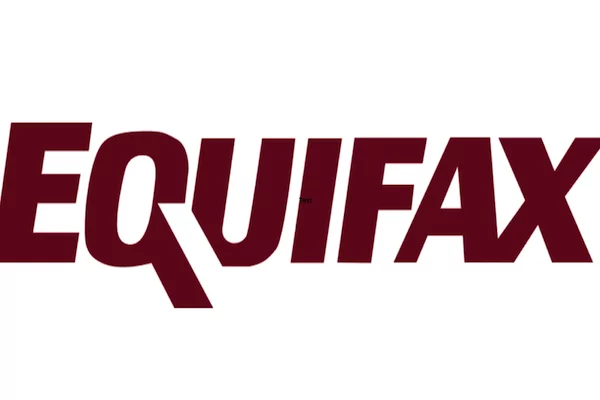Equifax Small Business Review – Credit Report

Having as many tools as possible is never an exaggeration when you need to make decisions, especially regarding your business. Your decision will affect your family and employees for better or worse.
Therefore, you must know when to take out a loan, whether it is convenient to merge with another company or apply for a business loan.
Even if you have a small business, you can enjoy a valuable tool: a business credit report for small businesses. And Equifax is one of the most extensive rating agencies for firms, and its report offers helpful information that will be useful to you in various ways.
How to get Equifax services
First, you must register as a business user on Equifax. This is because business credit reports are different depending on the agency you go to.
Therefore, you need your company to enter the internal database. This means you will have to provide contact information and registration of your small or large company, among other things.
Once you are a member, you can opt for a single commercial credit report paying $99.95, or you also have the option of a package of multiple retail credit reports (5 for the price of 4) in exchange for $399.95.
It’s worth mentioning that this is the most expensive service of its kind, but its level of detail helps attract better loans and investors and better understand how your business works.
The characteristics of your report
Among the information you’ll have access to, whether you need to evaluate how you do things or whether you’re thinking of hiring a new provider, is listed:
Company information:
- Includes trade name, telephone numbers, addresses, alternative trade names (DBA), Standard Industrial Classification (SIC) code, and owner and guarantor names.
- Also, information such as the number of employees and a corporate family tree.
Credit data:
- Commercial loans or lines of credit from banks or credit unions are part of the credit data.
- This section includes other credit agreements, such as equipment rentals, commercial credit cards, and other credit accounts.
Public Record:
- You’ll find the registration information for your business or the one you’re analyzing, as well as liens, judgments, Uniform Commercial Code filings (UCC filings), and bankruptcies reported against the company.
Payment History:
- Payment history shows how many days you usually take to repay your creditors.
- However, the time you take to pay your company’s debts is checked against the industry averages you belong to determine if you are average.
Financial Information:
- Other information of interest reflected here is your interaction with bank houses, so bank balances, returned checks, assets, real estate, inventory, and sales will appear in the report.
Highlights
Highlights among its characteristics are the following scores:
Payment Index Score:
This is the typical credit score. It is established between 1 and 100, where 1 is the worst score and 100 is the best possible score. It is based on the company’s payment history.
- Therefore, those who pay their bills on time will have a score between 90 and 100.
- Invoices delayed by 1 to 30 days imply a score between 80 and 89
- 31 to 69 days means that the score will go down between 60 and 79
- When you have payments between 61 to 90 days late, your score will be between 40 and 59
- A score between 20 and 39 means delays between 91 and 120
- Finally, any more than the above means a score between 1 and 19.
Credit Risk Score:
Ranks from 101 to 992. The higher the score, the lower the risk. It helps lenders know if the potential borrower repays on time. Getting more than 556 is positive.
Failure Risk Score: Equifax uses a line between 1000 and 1610 to indicate whether the company is at risk of closing its doors or not. The lower score indicates a greater chance that the company will cease operations in the next 12 months.
The agency uses business demographics, credit and payment information, and legal records to determine this score.
What is a Credit Score?
Conclusion
Before signing a contract with a new business partner, it’s a good idea to review the company’s credit history in question and its financial health.
It’s also a good idea to know that information about your own company, for which Equifax is a great partner at your disposal. Give them a try!
Visit Equifax
